Let’s see what medical robots we inevitably work closely in the future. From surgical precision to taking blood samples, robotics in healthcare is coming.
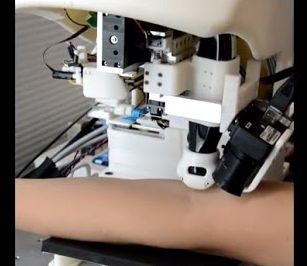


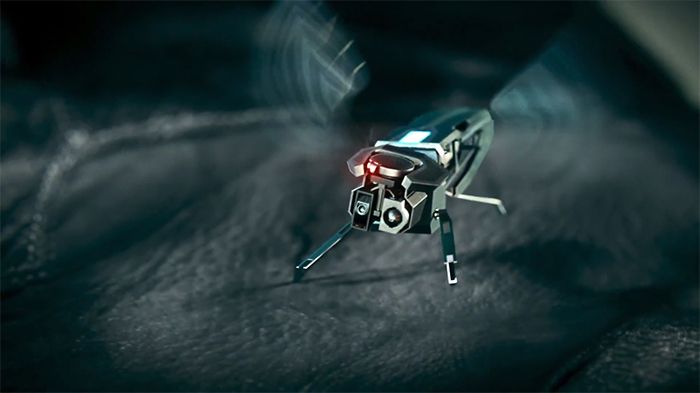
Silicon Valley, or the Greater Bay Area, is the 18th largest economy in the world, more than half the size of Canada’s economy and bigger than Switzerland, Saudi Arabia or Turkey. This is because the region has become the world leader in research and development of emerging technologies such as artificial intelligence, robotics, software and virtual reality.
“Software is eating the world,” said Silicon Valley investor Marc Andreessen famously in 2011. It was controversial but prescient.
Five years later, software-driven machines and drones perform surgery, write news stories, compose music, translate, analyze, wage war, guard, listen, speak and entertain. The world’s biggest box office hits — animated films such as “Frozen” or special effects in Hollywood blockbusters like “Star Wars” — are made using software.
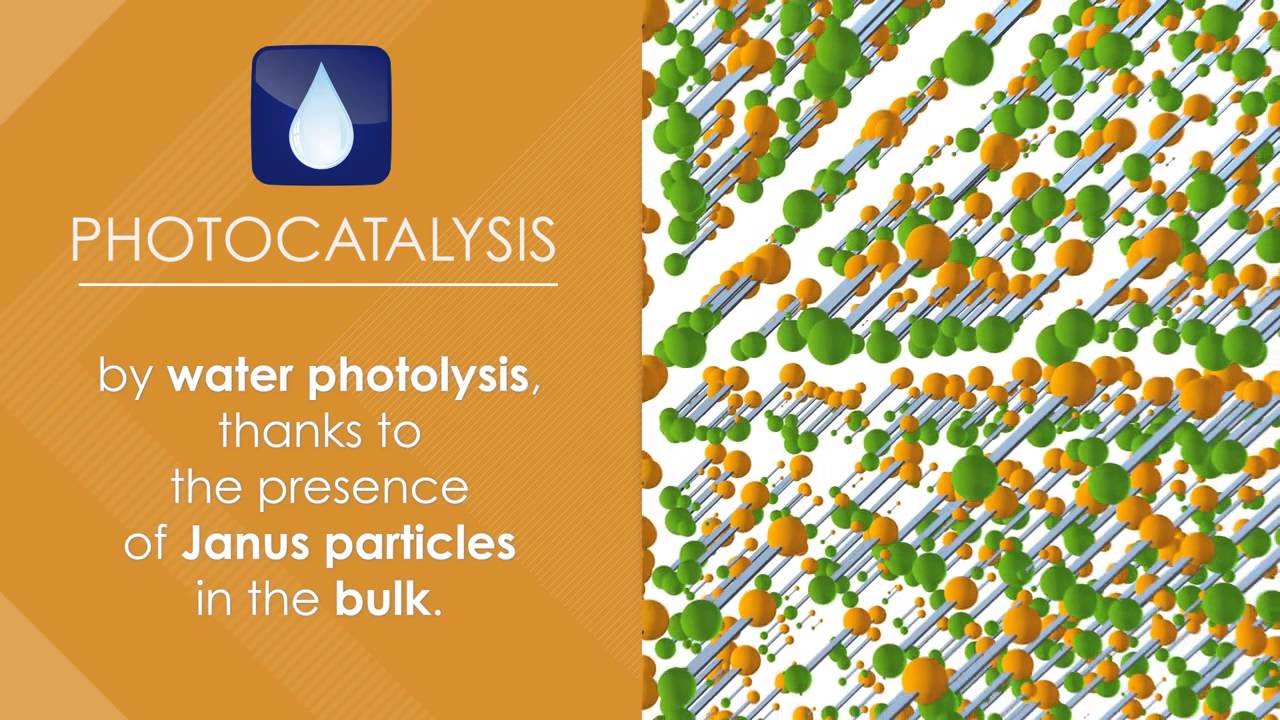
A new technique uses the curious physical laws of the nano-scale itself to “program” nanobots. Welcome to the future of nanotechnology.
Nanorobotics has long been touted as one of the most promising “miracle technologies” of the future. But one of the fundamental problems with such extreme miniaturization is how to “program” nanobots—after all, you can’t very well shrink computer circuitry to fit within nanometer-scale technology.
But now, two researchers, Joseph Wang of UC San Diego and Jennifer Balazs of the University of Pittsburgh, may have found an ingenious way to circumvent this problem. Forget computer controls and artificial intelligence programming—let the laws of physics at the nano-scale do all the programming for you.
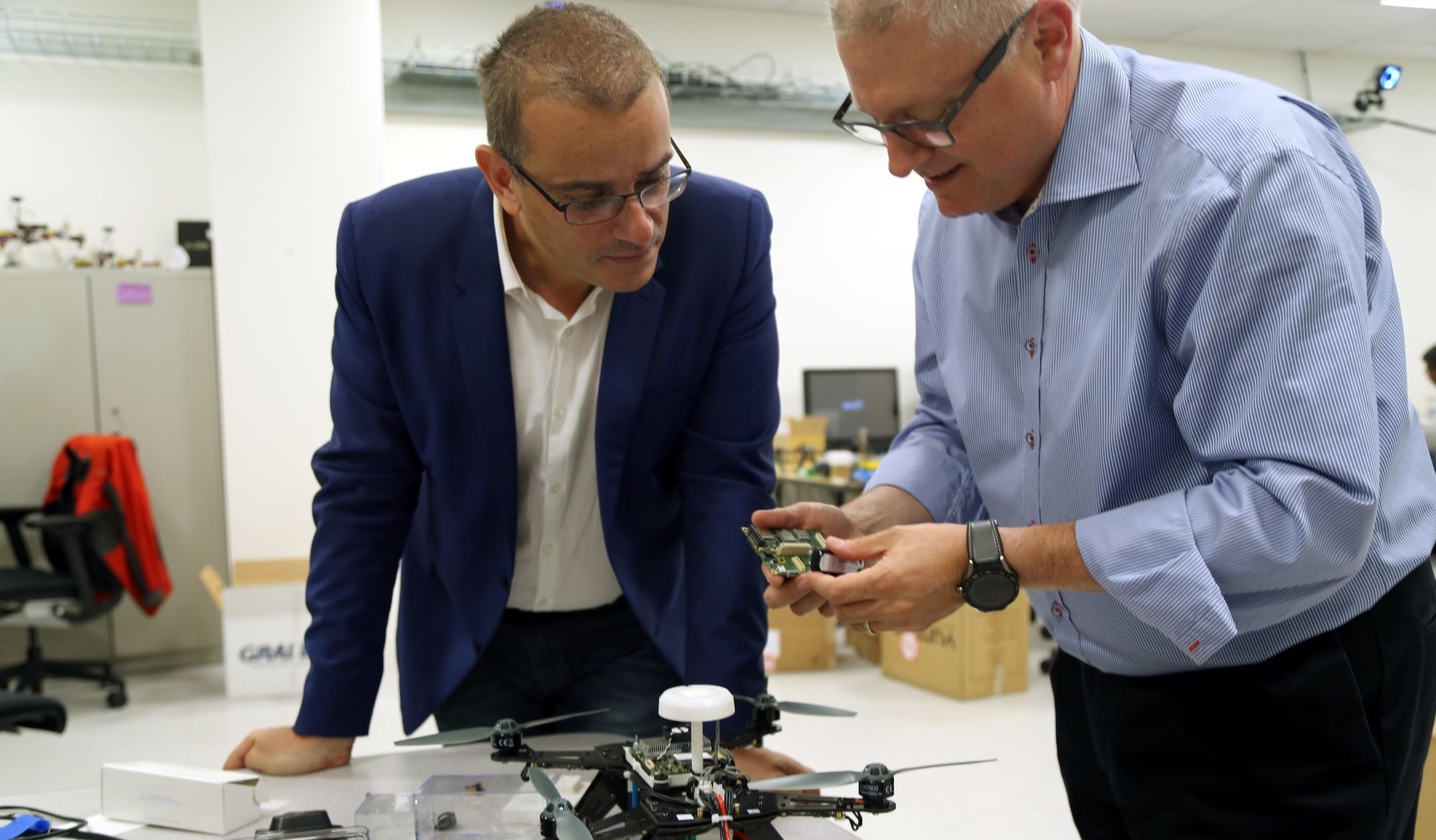
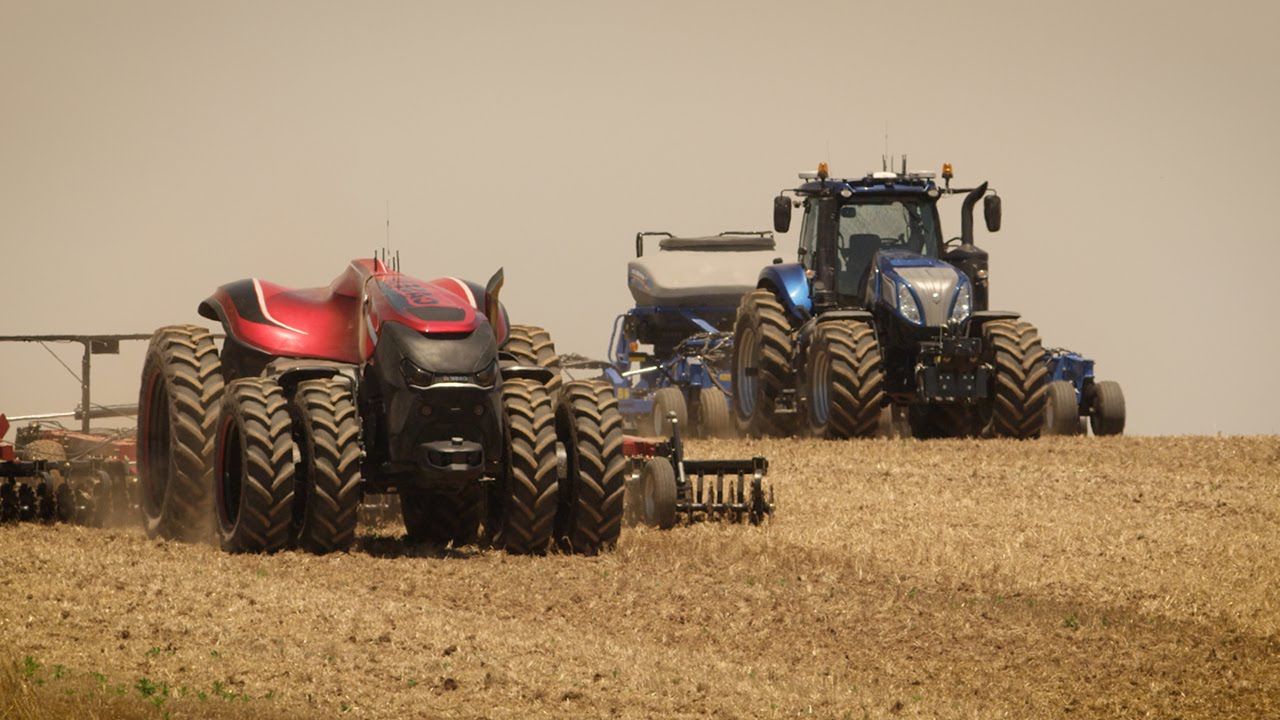
Autonomous Solutions Incorporated has revealed Case IH – the concept robo-tractor at The Farm Progress Show – showing off its nifty extras including cameras, radar and sensors that allow the farmer to control the tractor remotely using a tablet.

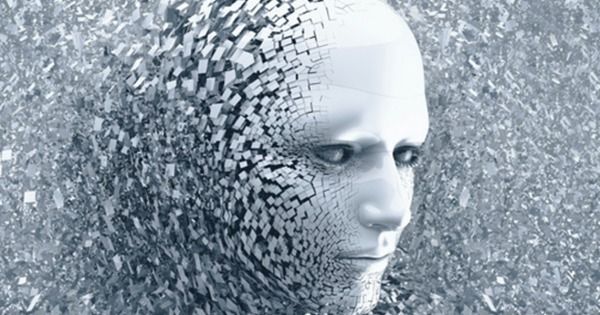
https://youtube.com/watch?v=Y_cqBP08yuA
Ross, the world’s first artificially intelligent attorney, has its first official law firm. Baker & Hostetler announced that they will be employing Ross for its bankruptcy practice, currently comprised of almost 50 lawyers.
Law firm Baker & Hostetler has announced that they are employing IBM’s AI Ross to handle their bankruptcy practice, which at the moment consists of nearly 50 lawyers. According to CEO and co-founder Andrew Arruda, other firms have also signed licenses with Ross, and they will also be making announcements shortly.
Ross, “the world’s first artificially intelligent attorney” built on IBM’s cognitive computer Watson, was designed to read and understand language, postulate hypotheses when asked questions, research, and then generate responses (along with references and citations) to back up its conclusions. Ross also learns from experience, gaining speed and knowledge the more you interact with it.
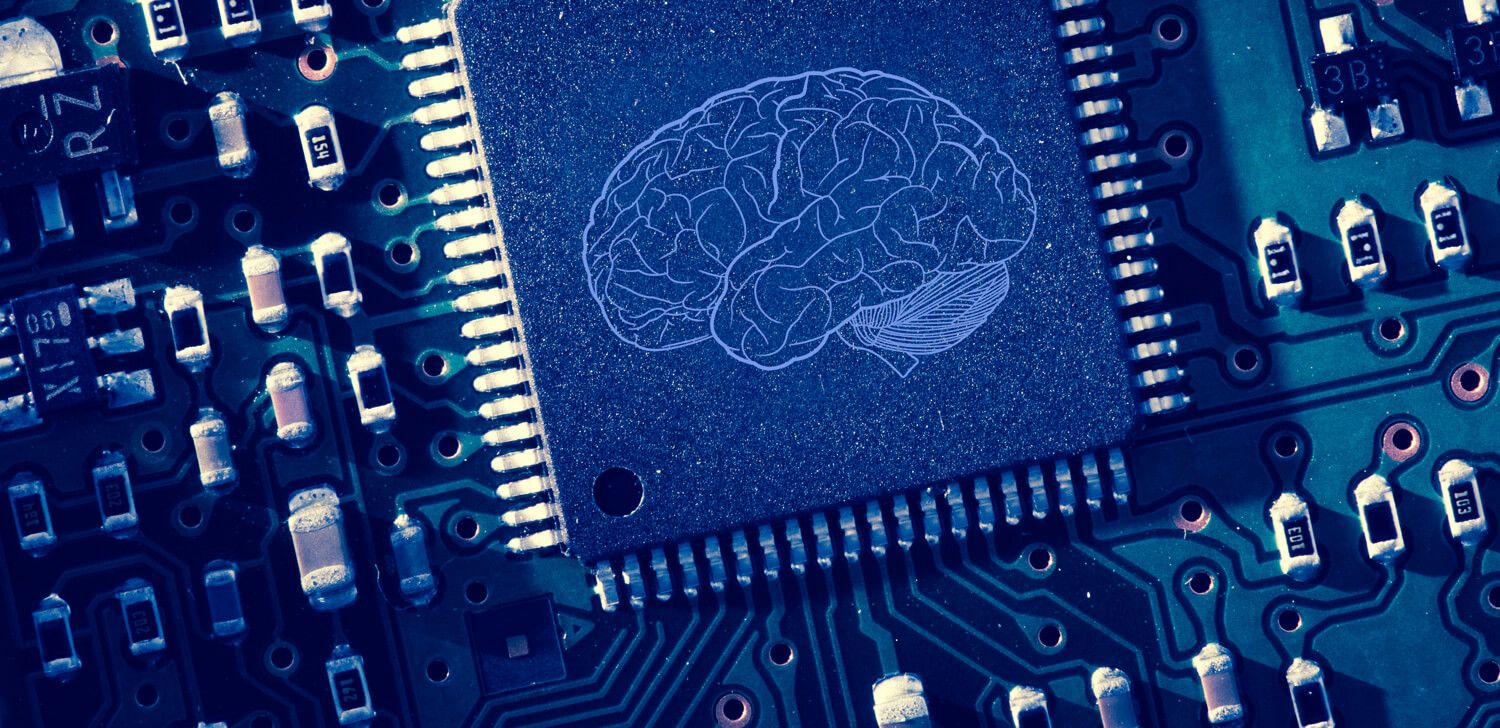
The year was 2012, and IBM’s AI software Watson was in the midst of its heyday.
Watson beat two of Jeopardy’s all-time champions a year earlier in 2011, and the world was stunned. It was the first widespread and successful demonstration of a natural language processing computer of its class. Combined with the popularity of Jeopardy, Watson became an immediate mainstream icon.
Later in 2012, IBM announced one of the first major practical partnerships for Watson—a Cleveland Clinic collaboration to bring the system into medical training.
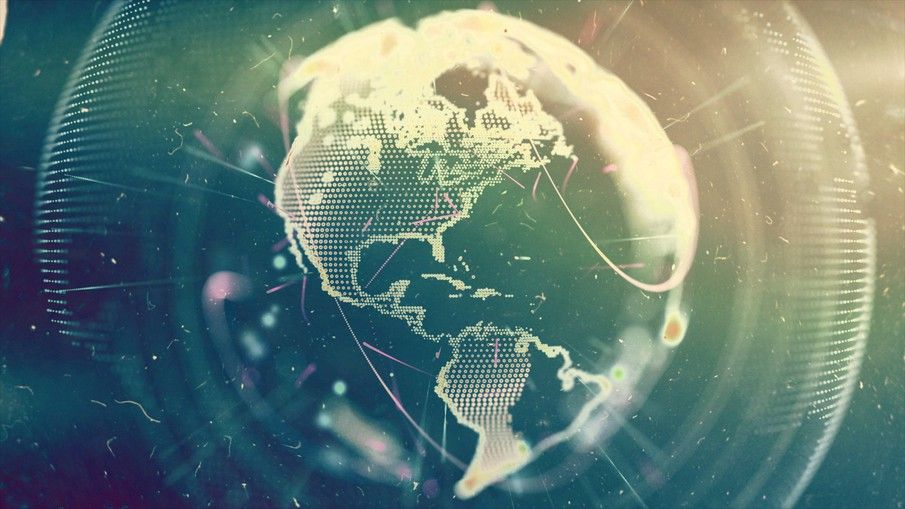
Singularity: The technological singularity (also, simply, the singularity) is the hypothesis that the invention of artificial superintelligence will abruptly trigger runaway technological growth, resulting in unfathomable changes to human civilization.
Have you ever taken a look at the constantly accelerating world of technology and thought “what happens if these machines become more intelligent than us? Will they develop conscious thoughts and decide that we are inferior and wipe us out? Will they become our bff’s for being their creators? How come our jobs are rapidly being replaced by machines? What will be the role of humans if we are no longer the most intelligent beings? Is this at all even possible?”
I find these ideas interesting to think about and I think the notion of singularity is a possibility that should at least be considered. In this article I’m going to outline a few of the issues surrounding intelligent machines and advanced AI. As well as give some of my personal opinions about the topic.